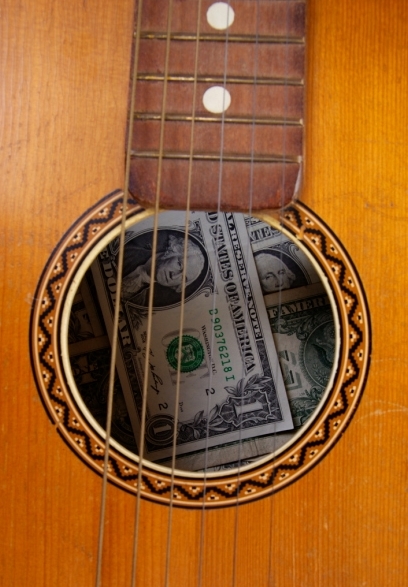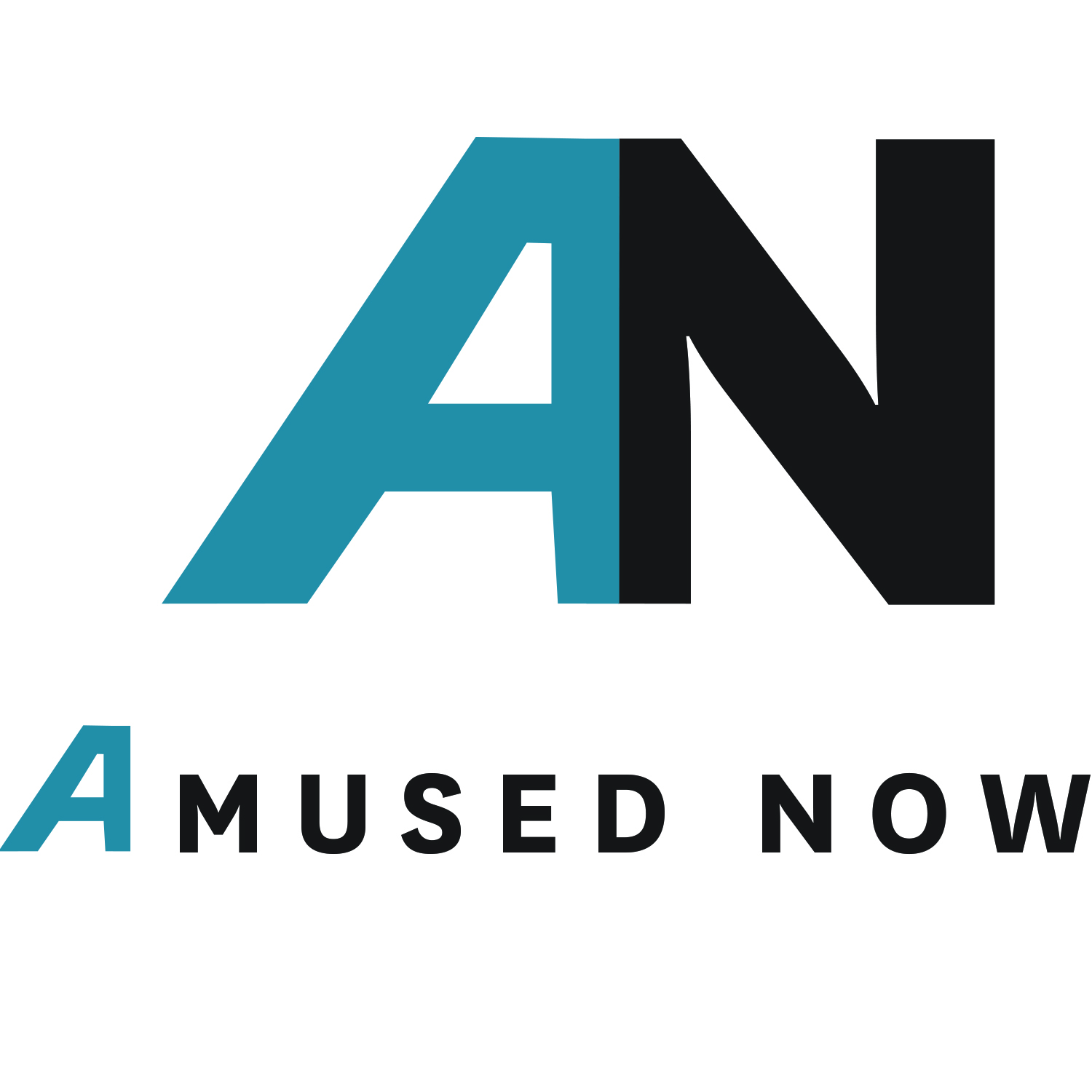
by Cynthia Kahn | Jun 18, 2013 | Authors
When I first met Russell Brooks in 2010, he was writing his first thriller, Pandora’s Succession. The book has suspense, drama, and the mind-bending twists and turns that make up a great thriller. In 2011, he released the short story trilogy Unsavory Delicacies and...

by Cynthia Kahn | May 30, 2013 | Authors
Why? I seriously have to ask myself that question. Why bother writing a book? There’s enough lining the book stores. Why add one more to the pile? If I don’t ask myself this question now, I know that when I’m in the middle of writing a book, when I feel discouraged...

by Cynthia Kahn | May 23, 2013 | Authors
In 2012 I wrote my first novel, Bushido. The gritty tale about a down on his luck Yakuza general that is forced to take up arms against his old boss (and a thousand other Japanese miscreants) immediately caught the attention of Kathy Ullman at Bantam Dell books and...

by Cynthia Kahn | May 16, 2013 | Arts Business
Is there anything fun about being a starving artist? Not really. If truth be told, maybe you’re not starving, but I bet entertainment is not your full-time gig. You’ve probably tried lots of ways to get noticed in hopes of being discovered. Hopefully, you’ve made...





